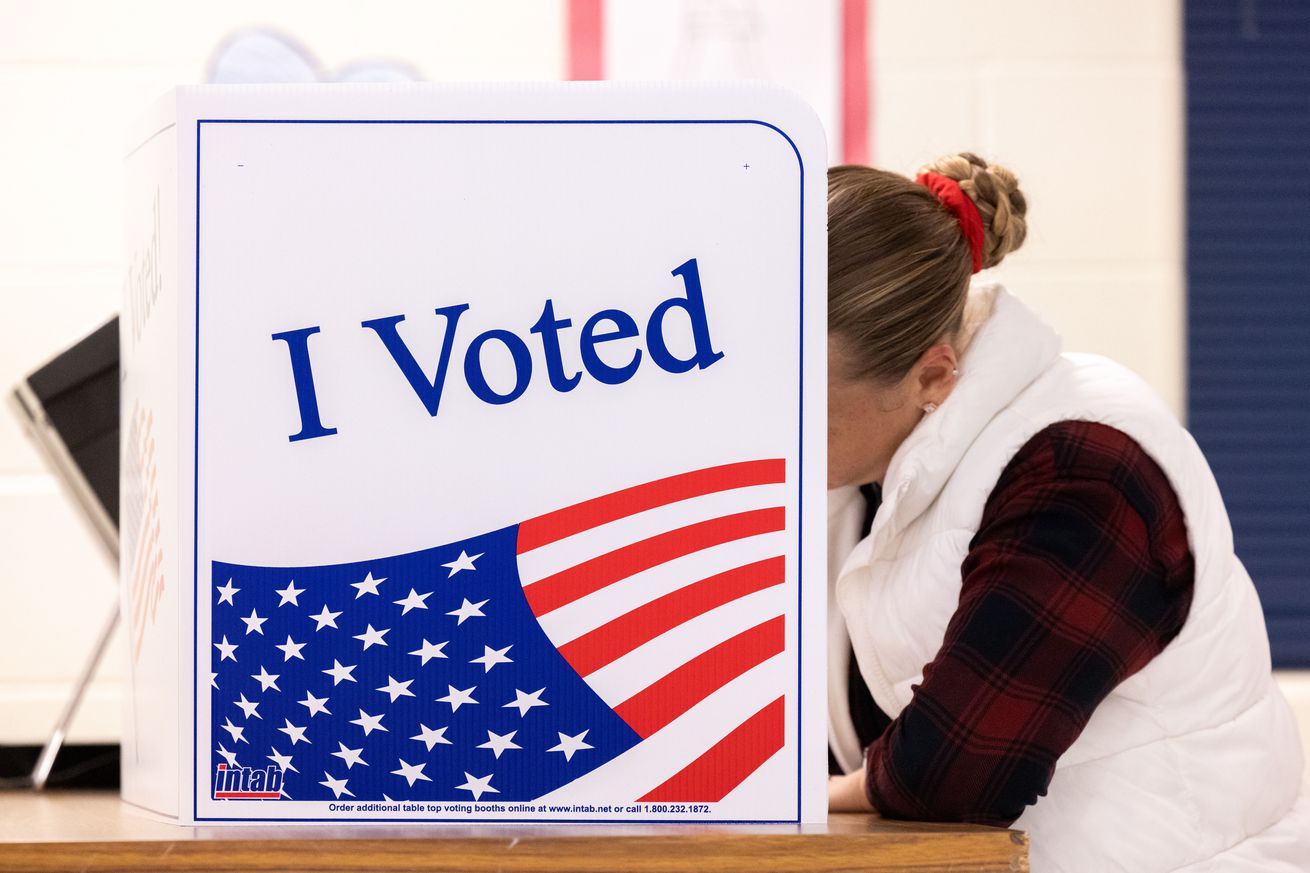
Microsoft is making efforts to improve cybersecurity and combat deepfakes leading up to the upcoming global elections. The company will offer its services, such as a digital watermark to detect AI-generated content, to safeguard the integrity of the elections and stop the dissemination of false information. This action is being taken in response to escalating worries about the misuse of AI for creating misleading content.
Content Credentials as a Service
Microsoft will launch a new tool called Content Credentials as a Service, which harnesses the Content Credentials watermarking system developed by the Coalition for Content Provenance Authenticity (C2PA). This tool will allow users, such as electoral campaigns, to attach information to the metadata of images or videos. The information can include details about the content’s provenance, including when, how, and who created it, as well as whether AI was involved in its creation. This information will become a permanent part of the image or video, helping to protect candidates and prevent the sharing of deceiving information.
The Content Credentials as a Service tool will be first made available to political campaigns in the Spring of next year. Microsoft’s Azure team built the tool, and the company plans to provide advice and support to campaigns on strengthening cybersecurity protections and working with AI.
Partnerships and endorsements
Microsoft will also set up an Election Communications Hub where world governments can access the company’s security teams for assistance before elections. Additionally, Microsoft plans to endorse the Protect Elections from Deceptive AI Act introduced by several US senators. This bill aims to ban the use of AI to create false depictions of federal candidates.

Furthermore, Microsoft will collaborate with organizations such as the National Association of State Election Directors, Reporters Without Borders, and the Spanish news agency EFE to surface reputable sites on election information on Bing. The company hopes to release regular reports on foreign influences in key elections, building on its previous partnership with Newsguard and Claim Review.
Watermarks as a solution?
While the use of watermarks, like Content Credentials, is a step towards combating misinformation, there are concerns that they may not be enough to entirely stop disinformation. Watermarking is a central feature in the Biden administration’s executive order around AI. The US Federal Election Commission is also discussing potential bans or limitations on the use of AI in political campaigns.
Microsoft is not the only tech company taking action against AI misuse in elections. Meta (formerly Facebook) now requires political advertisers to disclose AI-generated content after banning them from using generative AI ad tools.










